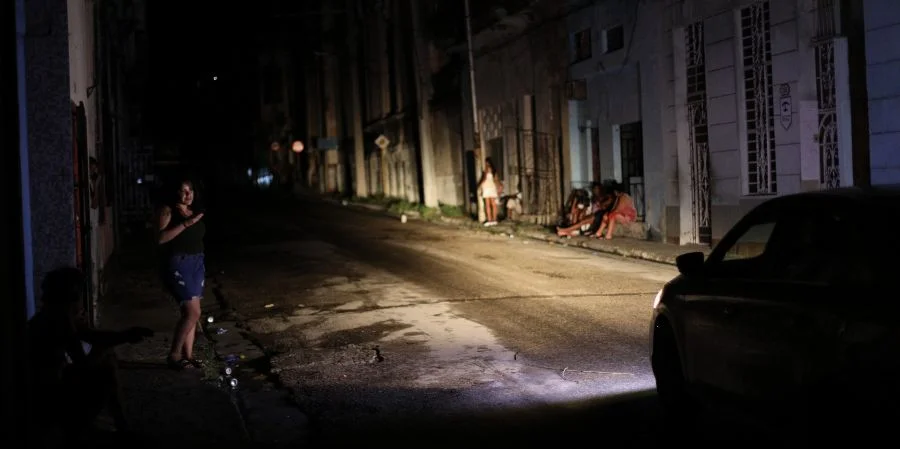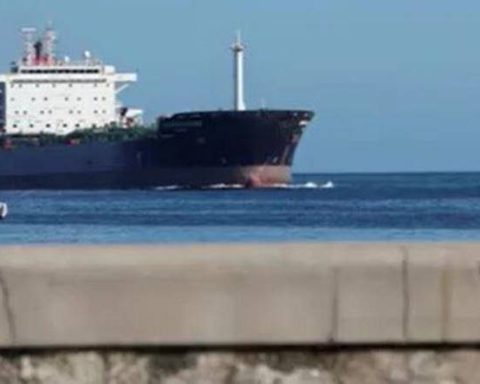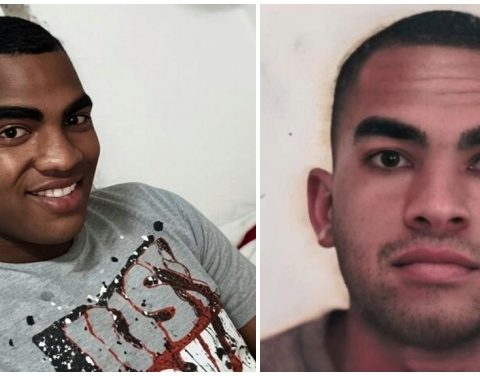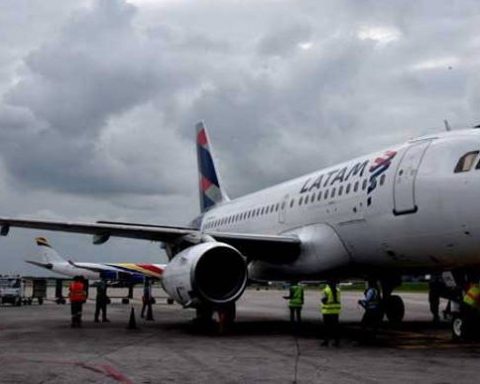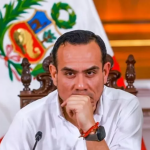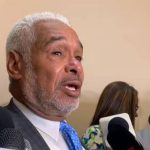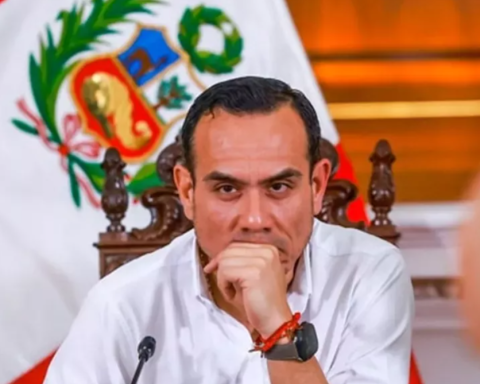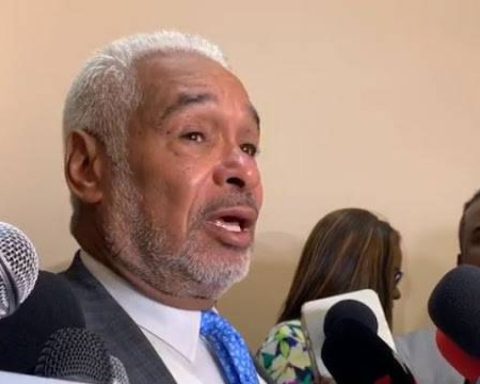MIAMI, United States. – The blackout that paralyzed Cuba starting on Friday, October 18, took by surprise numerous Canadian tourists who were visiting the Island and who later suggested to their compatriots, through the presspostpone any plans to visit the largest of the Antilles.
François Laramée, who was staying at the Starfish hotel in Varaderodescribed the situation in Cuba as “worse than worse.” “We are running on generators. “We have no information about what is happening,” the tourist commented to the Canadian media. TVA Nouvelles. Likewise, he regretted the conditions in which the hotels in the region are found.
Laramée, who is also a travel agent, was categorical in giving recommendations to his compatriots who are thinking about traveling to Cuba. “The advice I would give is to wait at least a month before returning, to give them time to recover. “There is a limit to saying that one can manage,” he said.
For her part, Sylvie Beaulne, another Canadian tourist who also visited Varadero during the total blackoutexpressed his concern about the difficult situation of Cubans. “[Los cubanos] They are hungry, it is painful to see. People should not travel at this time, and if they do, they should bring food,” Beaulne emphasized.
The woman also reported seeing shocking scenes during her stay. “It is very difficult for Cubans, yesterday I went fishing and there were dozens of people trying to catch fish to sell them… I have also seen broken shop windows, there is a sense of a revolt,” added the 59-year-old tourist.
From the Holguín region, Caroline Giasson, another Canadian travel agent, highlighted the effort of Cuban employees to accommodate tourists despite not having “much for themselves.” Giasson tried to advance his return to Canada due to the arrival of the Hurricane Oscarbut found no available flights. “I was supposed to leave today. [lunes 21 de octubre]but there is a problem at the airport. The computers are not working and Monday’s flights have been postponed to Tuesday,” he explained.
Giasson was also cautious in recommending whether tourists should avoid the island at this time. “You have to be aware of the situation and that anything can happen. “If you are a minimally anxious person who needs stability, this can be stressful,” he said.
Meanwhile, the Canadian Government maintains recommendations of “maximum caution” and to avoid all non-essential travel to Cuba, especially to the regions of Guantánamo, Holguín and Las Tunas.
